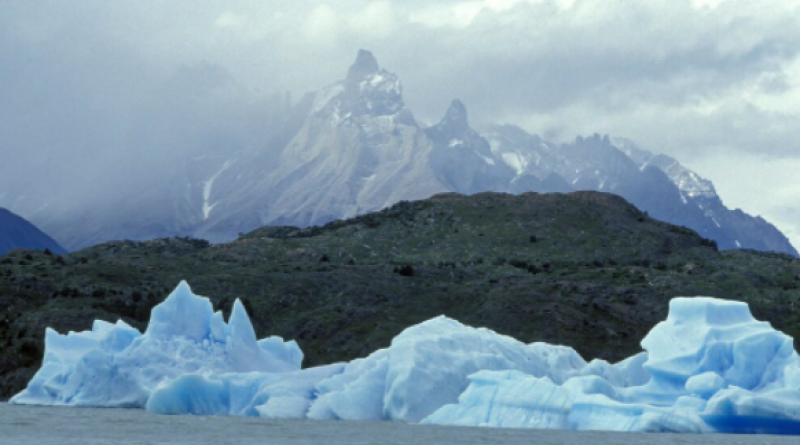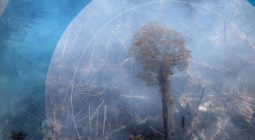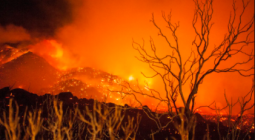We need a simpler way to talk about climate change

There’s a gap between what scientists are saying on climate change and what the public is actually understanding, a sobering new study finds. US residents were found to struggle to comprehend the most frequently used terms by scientists on climate change, suggesting the need for a much simpler language instead.
This is far from being a new problem. Climate science (like all fields of science) can be filled with jargon and concepts that are hard to grasp unless you are a scientist, activist, or specialized journalist. Many news articles or academic papers go on and on about mitigation, carbon neutrality, or adaptation without actually explaining what that is, which disengages most readers. We may have been guilty of that ourselves once or twice.
Plenty of studies have shown exactly that. Last year, a study by researchers from Ohio State University found that readers take jargon in any discipline as a sign that the material isn’t for them, killing their interest. This is really bad especially for climate science, as we need to get people engaged and involved if we want to have a chance of limiting the damage.
Now, researchers from the University of Southern California wanted to get an idea of how much US citizens understand from the terms used by scientists to describe climate change. They selected eight terms from reports done by the Intergovernmental Panel on Climate Change (IPCC), a leading group of climate experts from around the world.
The terms were mitigation, carbon-neutral, unprecedented transition, tipping point, sustainable development, carbon dioxide removal, adaptation, and abrupt change. They are commonly found on IPCC reports, such as the one published a few weeks ago, in which the IPCC warned over the need to reduce our greenhouse gas emissions fast. But do people know what they mean?
In the survey, the participants identified “mitigation” as the most difficult term, which refers to actions taken to tackle our emissions on different levels. Meanwhile, “abrupt change” was considered the easiest. This is when the climate system changes fast to a new climate state, bringing steep consequences for living systems (which can include people).
“We have to get better at communicating the dire threat from climate change if we expect to build support for more forceful action to stop it. We need to start by using language that anyone can understand,” Pete Ogden, vice president for energy, climate, and the environment at the United Nations Foundation, said in a statement.
What to do then?
In the study, the researchers asked the participants to suggest alternative ways of speaking about climate change, who suggested using simpler terms. For “tipping point,” for example, one respondent suggested “too late to fix anything” and for “unprecedented transition” a few participants suggested “a change not seen before.”
Previous studies suggest similar ideas, such as using short sentences and writing at the level of a reader who is 12 or 13 years old. In a 2011 study, climate communications experts suggested that scientists start their papers by explaining why people should care about an issue, framing climate as a threat to many aspects of our life, such as food.
“In several cases the respondents proposed simple, elegant alternatives to existing language,” Wändi Bruine de Bruin, the study’s lead author, and researcher at USC, said in a statement. “It reminded us that, even though climate change may be a complex issue, there is no need to make it even more complex by using complicated words.”
In the context of climate, this has never been more important. We’re pretty much on the last train where we can still prevent drastic, irreversible climate changes — if we don’t act immediately, that chance is gone.
In a broader sense, this is a problem for all fields of science. Browse a hundred papers from a hundred different journals, the odds are you won’t understand much. Unfortunately, science has become so muddied with jargon that communicating science has become increasingly challenging, contributing to raising the gap between science and the general public.
August 2021
zme science




